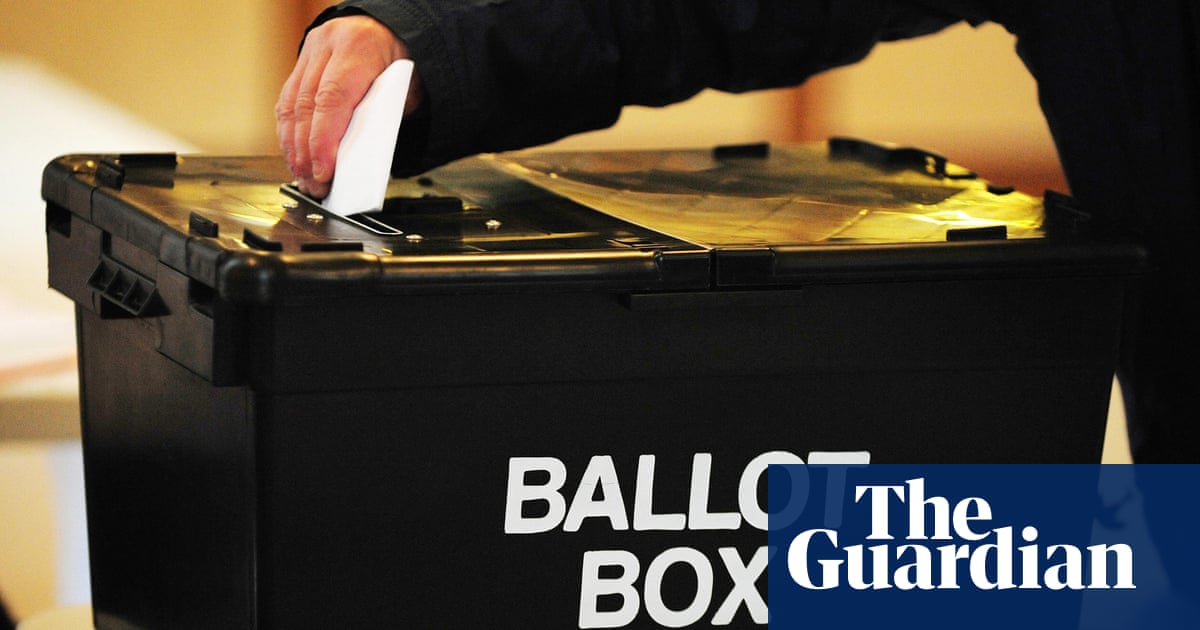Hip-hop has long been a culture that honours single mothers and their many sacrifices. “She was barely even grown and became my momma!” rapped a tearful Cee-Lo Green over a wounded piano on Goodie Mob’s criminally underrated 1995 song Guess Who. “I never knew my dad, so even when the times got bad / I was glad, because I had my momma.”
On the powerful hood-gospel song, Dear Mama, 2Pac famously paid tribute to the persistence of his own family matriarch, the Black Panther political revolutionary Afeni Shakur. He rapped the empathetic line: “Even as a crack fiend, momma / You always was a Black queen.” It’s one of only a few rap songs selected for preservation at the National Recording Registry in the US Library of Congress.
Whether it’s Kanye West tenderly comparing the late Donda West to an elegant book of poetry written by Nikko Giovanni, or Jay-Z revealing he “cried tears of joy” when his own single mother Gloria Carter finally came out as a lesbian after years of societal shame, you don’t have to look far to find a rap song where a mom is elevated to the status of a deity.
This made Eminem’s many lyrical attacks on his mother, Debbie Nelson, who died this week at the age of 69, stand out so dramatically. Turning his rough and tumble childhood in a Detroit trailer park into a cartoonish soap opera where nothing was off limits, in Eminem’s songs Debbie is frequently depicted as a villainous, Nurse Ratched-esque character, while her alleged drug use was something he regarded as ripe for parody.

“I just found out my mom does more dope than I do!” Slim Shady famously rapped on the breakthrough 1999 single My Name Is. The attacks seemed to get darker as time went on, with rape jokes (in the track Kill You) and the suggestion that Debbie may have have munchausen’s syndrome by proxy. He ended the scathing Cleanin’ Out My Closet, which peaked at No 4 in the UK charts, with the brutal address to her: “Well, guess what? I am dead: dead to you as can be!”
Some felt Eminem’s attacks were the byproduct of a more extreme, Jerry Springer-fuelled era in pop culture, where boundaries were pushed with reckless abandon from everything from Vince McMahon’s muckier, Attitude-Era wrestling shows to the “lads’ mags” on sale at the supermarket. Yet many others – including Debbie herself, who sued Eminem for defamation – felt a line had been crossed.
Growing up without a father myself due to bereavement, and with a working class mother who subsequently worked seven jobs to provide for her three boys, I gravitated towards rap music and its underdog themes. It was that rare space where single mothers were consistently deified rather than written off with negative judgements, as they tended to be in classist British political discourse. There was a rich tradition of rappers paying tribute to women who were the glue that held a struggling household together, and it’s that which made Eminem’s mom-bashing lyrics genuinely shocking.
Given the bad blood, it was difficult to see how Eminem and his mother could ever possibly reconcile. However, then came Eminem’s softer 2013 rap-ballad Headlights. Here he expressed regret at Cleanin’ Out My Closet ever coming out and shifted his stance by rapping the touching line: “You’re still beautiful to me, cos you’re my mom.”
In the music video he gives Debbie a warm hug and this felt like a pivotal moment for Eminem’s legacy: a shift from rapping with venom about his broken childhood to solidarity. On this song, even if the production is a little slushy, Eminem acknowledged he and his mom were “survivors” rather than enemies.
The rollercoaster saga of Eminem and Debbie exemplifies the way in which hip-hop is perhaps surprisingly rich with empathetic songs about struggling mothers. Even when artists reveal difficult truths – like Biggie sharing his mom’s cancer diagnosis with the world on Suicidal Thoughts, or underground hero Boldy James complaining of being neglected by the woman of the house on Mommy Dearest – it tends to culminate in a moment that reveals a touching respect, or the mending of a broken relationship.
It’s the genre where working class men come to grapple with complex relationships with the women who gave birth to them – like Debbie and Marshall Mathers. While the road might be rocky and painful memories are likely to be excavated, rappers (and by extension their fans, who feel “seen” by the lyrics) that immortalise their mothers in music tend to walk away with much lighter shoulders.

.png) 1 month ago
24
1 month ago
24













































